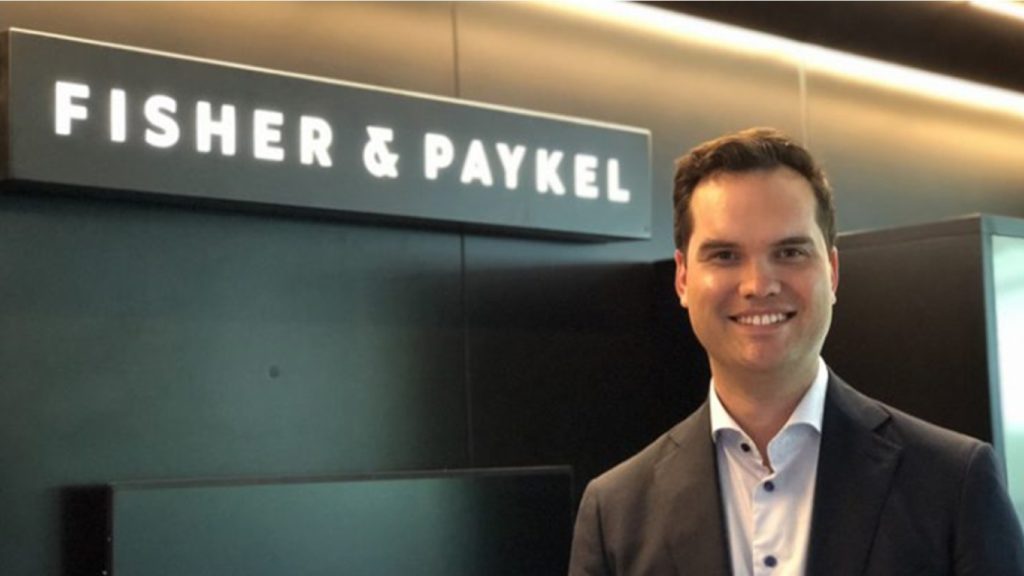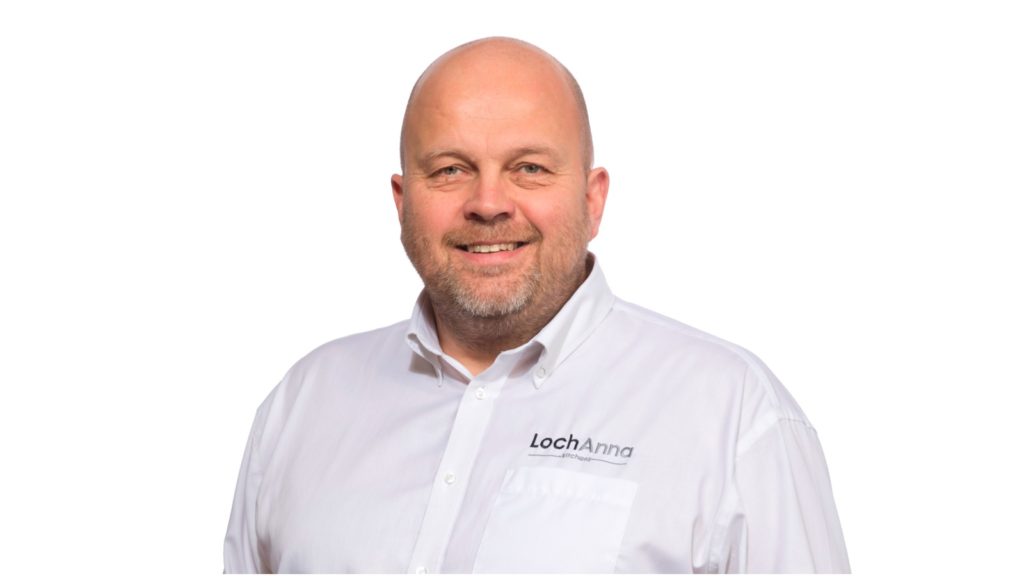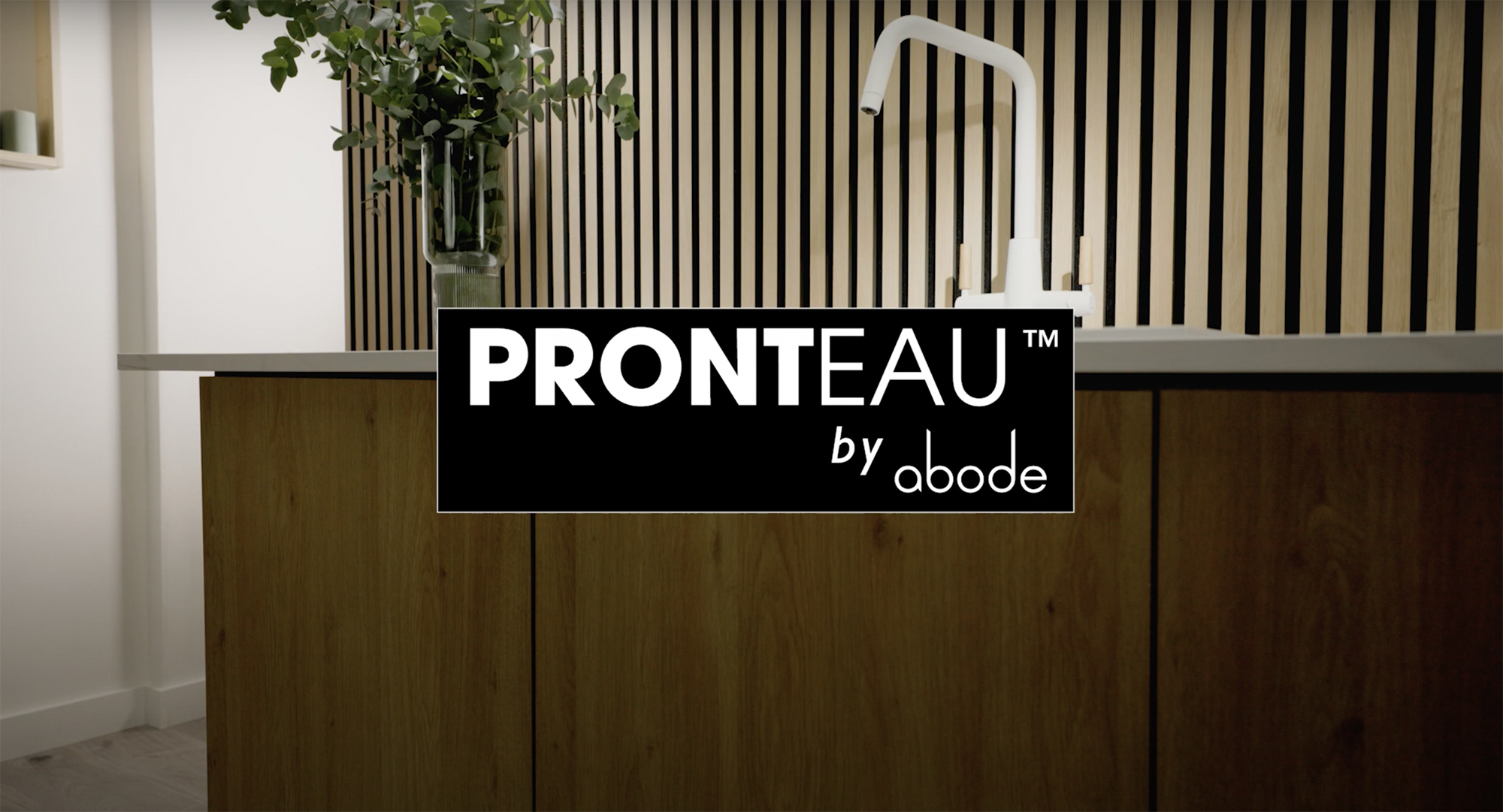Industry leaders say the supply issues are far from over but there are solutions, which rely on relationships and communication.

Kitchens & Bathrooms News talks to a trio of manufacturers in the kitchen and bathrooms industry about the continuing supply chain issues and asks when we will break free from supply chain disruption
We consider how manufacturers are mitigating these issues for their retail customers, from investing in stock, through to enhanced communication, and why business partnerships are the long-term solution.
Sponsored Video

MD of luxury appliance brand Fisher & Paykel David Woollcott explains how it has retained both the trust of its retail customers and maintained continuity of supply
The industry has experienced unparalleled upheaval in the last two years.
The uncertainty caused by the pandemic, unprecedented consumer demand, Brexit’s impact on logistics and, to a lesser extent, the knock-on effect of the worldwide interruptions experienced by global shipping companies, all conspired to create a perfect storm that has caused one of the worst supply issues on record.
With no real end in sight yet, there are things that can be done to mitigate many of the issues, and Fisher & Paykel has worked hard to assimilate and take action on the learnings from the last 18 months.
In a nutshell the key to reliable supply and inspiring trust are communication – two way between retailer and manufacturer, being open and honest – keeping your promises, and people.
Our focus on these means our supply chain and inventory teams have had a remarkable year or two!
We went into this period ensuring that our values remained front and centre. We would communicate openly with our retail partners and keep our promises.
Despite extended lead times in 2020 and early 2021, which stretched to 8-9 weeks for some products, we are now able to deliver on time and in full around 95% of the time as we have worked closely with our retail partners.
This measure is really important to us as we understand the importance of being reliable and trusted, our trade partners expect this, as do our luxury and premium customers.
We asked all customers to provide us with as much notice as possible to improve our forecasting capability. This was in a year where demand was at times more than twice our local budget!
We still ask for this forward notice and are improving our forecasting tools weekly further still, whilst increasing the capability of our demand team.
During this time, we have increased our local inventory levels to prepare us for the mid-year and end of year demand, which we believe will be higher than last year as complex and full scale renovations and new home builds (that have been delayed) are completed.
Today, we are seeing severe supply disruption from some of our high-volume competitors, and we are more than happy to work with customers on planning a long term future partnership.
We are not willing to take short term sales opportunities as we have commitments to our existing partners, we will always develop sustainable and long-term plans, rather than short term opportunism.
As ever, we rely on the direct engagement and trust from our partners and continue to be thankful for this. The supply crisis is far from over but we believe we have the people, processes and the trust of our retail partners to adapt and develop long term value.

Managing director of Faith Furniture Company (FFC) Paul Jenkinson explains why those who invest in the right areas will be ready for whatever challenges come next.
The word unprecedented has been used continuously over the last couple of years and the kitchen industry has certainly experienced supply chain issues, the extent of which few of us have ever seen.
Brexit, the COVID pandemic, a surge in consumer demand in the home improvement sector and now the war in Ukraine have challenged the industry like never before.
Whilst this period certainly hasn’t been easy, at LochAnna we consider ourselves incredibly fortunate to have grown the business whilst minimising the impact of these supply chain issues.
Much of our success has been down to focussing on sustaining and strengthening relationships with both our suppliers and customers.
We have strived to be as open and honest as possible, whilst at the same time investing in the areas of the business that allowed us to shield our customers from much of the volatility in the supply chain.
These same investments will enable us to help them, and us, continue to grow our business in a managed and sustainable way.
Relationships – we believe the key to a strong supply chain is building sustainable relationships with our suppliers.
We have worked hard at creating a network of first-class supply partners who work closely with us to manage ever-extending lead times and price pressure, whilst also enabling us to continue to launch new products.
Strengthening the relationships with our customers during this time has also been of huge importance – understanding their needs has enabled us to service them better.
Communication – we have found that good lines of communication and accurate forecasting to our supply partners has given them early visibility as demand has surged.
Communication is so important, and we ask for openness and honesty from all our suppliers.
We operate this same philosophy with our customers – letting them know as soon as possible about any supply issues allows them to manage their schedule and divert resources if necessary.
This has been hugely important during one of the busiest times the industry has ever experienced.
Investment – recognising early the increasing lead times and the supply chain pressures, we increased our stock levels substantially.
Record levels of stock has allowed us to meet our customer demands – our ‘on time in full’ is currently running at 98%.
Continued investment in our systems has helped our supply chain team provide our suppliers with quicker, more accurate forecasting.
We have invested hugely in people to create a strong team, focussed on delivering the best results, consistently.
We have also taken on an additional overflow warehouse to help accommodate our increased stock levels, which in turn has created a more efficient order picking process.
The issues the industry has been facing are by no means over, and are likely to continue for some time yet, but consumer demand will return to more ‘normal’ levels and pressure will relieve on the supply chain.
Those who, like us, have invested in the right areas during the challenging times will be ready for whatever comes next.

Leader marketing of bathroom brand Grohe Raj Mistry looks at the state of supply in the kbb industry and says, while we are not out of the woods, there are many positives on the horizon
Perspective is extremely important when we look at the issue of supply chain; not least because it is almost always a side effect of larger, human-centred issues.
The pandemic, then a war in Europe, were simply not macro factors that could have been predicted. And with the uncertainty ahead, supply will remain a challenge, but not an unsurmountable one.
If the last two and half years have taught us anything, it’s that from a crisis comes an opportunity for improvement.
For many brands, the global supply chain issue has completely revolutionised the way they interact with retail partners and the way supply chain is anticipated, planned, and executed – with improvements always in the pipeline.
At Grohe, we’ve seen consistent strong demand for our products and, like many other brands in this industry, we have had to manage shortages on components which has inevitably had an impact on production lead times.
For UK retailers, we have been able to mitigate most significant delays by being well prepared with strong investment in local stock holding.
We also remained fully operational during the height of the pandemic to continue to fulfil demand. In addition to this, the fast-tracking of three new strategies has provided a strong and relevant foundation should we need to turbo-charge a response to supply chain issues in the future.
These include:
Consolidated communication – In early 2021 we launched a new digital platform – Grohe X – to streamline our communication with partners and keep them up to date on when new product developments will land in the UK.
Alongside news, training, and sales tools, Grohe X has allowed us to unite UK retailers and the international community as well as provide a faster way to go to market.
Skills investment: Simultaneous to supply issues is a national skills shortage. In some cases, even when retailers may have access to stock, they fall short on installation capacity.
Through our on-going investments in facilities, such as at the Colchester Institute and the launch of Grohe Professional and our GIVE programme, we are actively training and motivating the next generation of tradespeople through blended learning methods.
Supply taskforce: We set up a working taskforce at Grohe with the aim of making our supply chain best in class with ability to mitigate external challenges.
We have optimised communication and improved planning based on customer demand and anticipation through modelling and increased stock holding.
This taskforce is an integral part of the Grohe supply chain today, a recognition of the need to always ensure we are at the cutting edge of delivering the right product at the right time.
Partnerships are the key in these challenging times. We want to work with our customers and retailers to ensure we do everything in our power to offer them the best in class supply possible even in the most challenging times.



